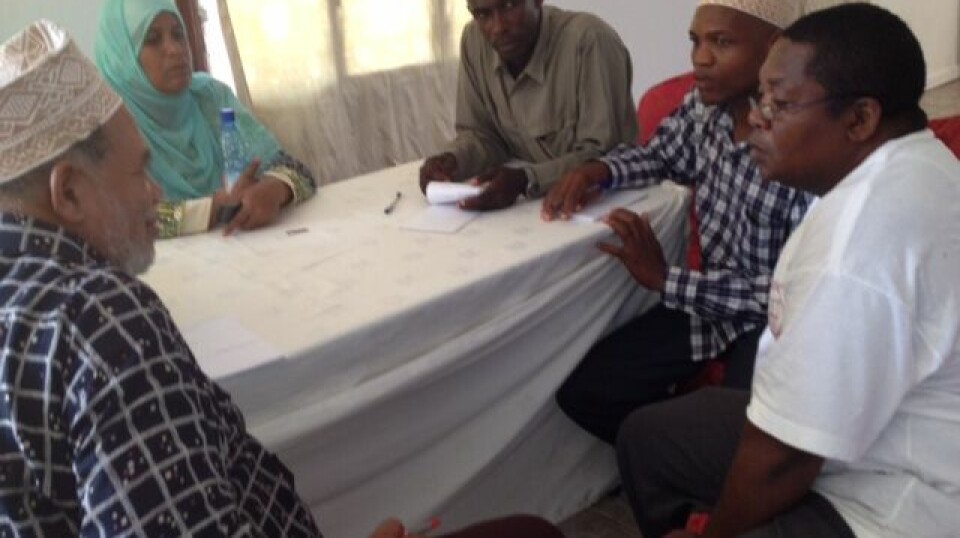
DLF i verden
Blog
Egyptens lærere overvåges konstant
Næstformanden for Egyptens Lærerforening Abdull Hafeez Tayel er i Danmark. Han har skrevet et rystende indlæg om hvordan lærerne konstant overvåges. Er læreren kritisk og lader eleverne stille spørgsmål, opfattes det som kritik at styret. Det tåles ikke. Læreren flyttes eller fyres.
Authoritarianism and education in Egypt
(Effects on teachers' movement: part 1.)
By Abdulhafeez Tayel, Egypt
Are you a teacher? Do you have dreams related to your profession? Do you see yourself as the sole owner of truth and knowledge? Do you seek to receive your knowledge and absolute facts from the president and the minister of education together with the minister of interior affairs? Do you dream of pouring the facts you possess and knowledge you have into the minds and spirits of the coming generations? Do you dream of having 85 children per classroom sitting amazed and influenced by those holly words and signals said or sent by you? Do you see yourself as an ascetic oracle working for the regime? Then, the best place to have a successful job is Egypt.
There is a triangle dominating the school system in Egypt where the base is authoritarianism and the two sides are privatization and recycling the past.
In the early 1990th, Mubarak held a conference calling for education reform during which he stated that education is a national security matter. Following to that statement, newly appointed teachers were obliged to get a state security police certificate that the proposed teacher is politically clean.
A new sector was created called the Central Security office headed by a General from the Intelligence office. Each educational zone had a representative called political contact person. Each education local zone had a representative and each school had a representative. The representatives at school level were merely teachers. The main task was to write reports about all the teachers and even students (at secondary schools).
That was justified as a way to fight terrorism.
If any teacher had opposing political points of view or was an activist he was to be not allowed to teach and was transferred to a faraway city and was to be put in an office not contacting any students. If a teacher wrote or spoke to the media discussing the circumstances he worked in, he was to have the same punishment. During that period, graduates from faculties of education were obliged to teach inside the country for at least 5 years. A young teacher started his career for about 10 dollars per month. They earned their living by forcing the students to take private lessons of course.
During Nasser's regime a teacher would have been permitted to be a candidate for the teachers syndicate only if he had been an active member of the Arab Socialist Union (the sole political party then and which is no longer existing).That is still written in the constitution of the syndicate.
During the 70th and 80th, thousands of Egyptian teachers went to work in the Gulf aria after the big rise in oil prices. They came back with the Wahhabi ideas and thoughts from Arabia and consumer values from the whole Gulf area with a trend to hate scientific thinking and replacing it with theories found in religious books .Meantime, the government stopped building new school paving the way to private sector, private lessons started to be more and more important for the teachers. Parents coming back from the Gulf area were in favor of it as a sign of being rich. Conservative minded teachers were considered as best tutors.
Pictures of the presidents were everywhere at school, e.g.in school books, on the walls above the black board….etc.
The number of what was military schools(public schools that adopt some military traditions and integrate them in the curricula) increased and also the number of Islamic schools increased as the MB rich members started to invest huge amounts of their money in education.

